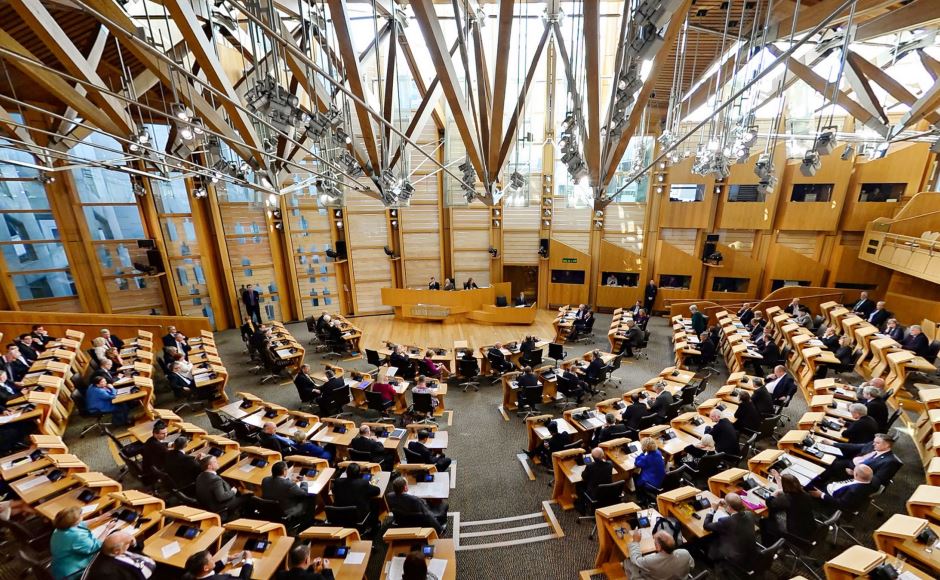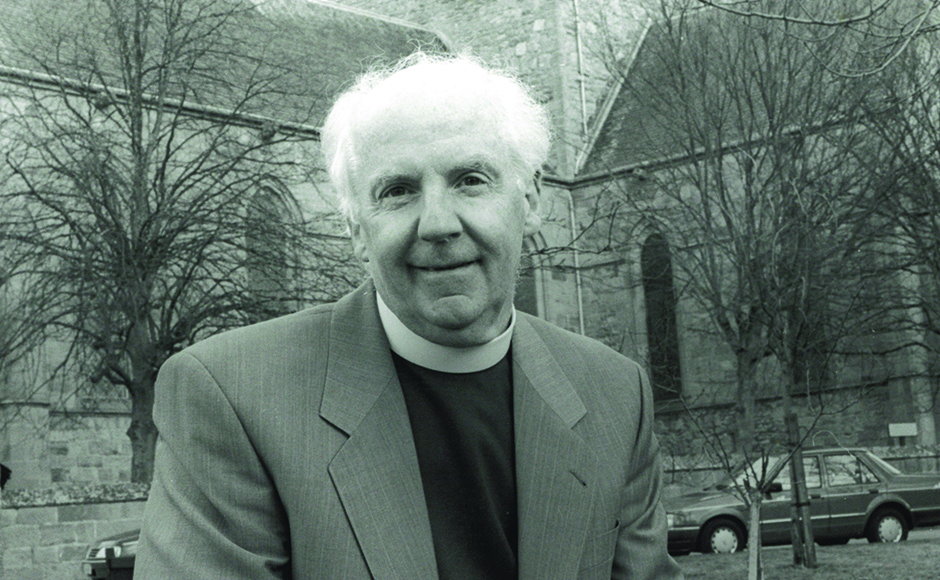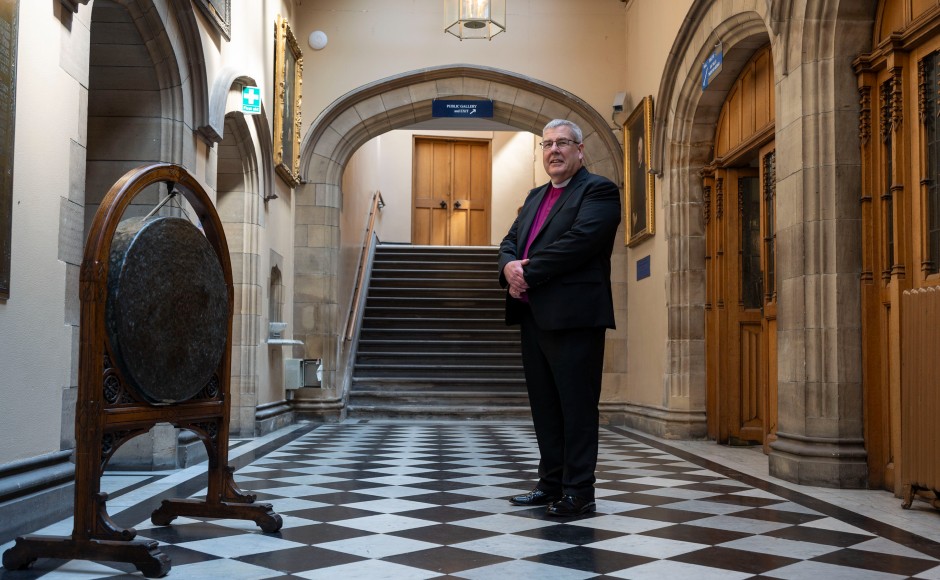People with "lived experience" must help craft solutions to social problems
Published on 30 July 2020
An anti-poverty campaigner has urged the Scottish Government to directly involve people with "lived experience" in all decision making around tackling inequality.
Rev Dr Martin Johnstone said he would introduce the rule at meetings if he was the First Minister and claimed the move would eventually change the way the country is run.

He said he fully subscribed to a slogan used by the Poverty Truth Commission which states: "nothing about us without us is for us."
Dr Johnstone made the remarks in the latest episode of the "It's a Fair Question" series with Rt Rev Dr Martin Fair, Moderator of the General Assembly.
The campaigner, who is currently working with the Trussell Trust and Christian Aid Scotland, was the acting head of staff at the Church of Scotland offices in Edinburgh and secretary of the Church and Society Council until late last year.
Dr Johnstone, who is an ordained Kirk minister, said people must be involved in making the difference that they want to see.
The Moderator inquired about what he would do to change the direction of life in Scotland if First Minister Nicola Sturgeon asked him to take over while she was on holiday.
Homelessness
Dr Johnstone replied: "If you are going to have a meeting about a particular issue, you need to ensure that at least two or three people at that meeting have direct lived experience of the issue or the meeting is not allowed to go ahead and you do not get paid.
"So you could not have a meeting around homelessness unless you had people who have direct experience of homelessness.
"All the other experts, who are really important, would not get paid unless there were homeless people in the room."
"If you could do that more than a week, for six months or more than a year, then you would change the way our country is run.
"If you did that in the church as well, you would change the way that the church is run."
God treated unfairly
Dr Johnstone said tackling injustice was at the core of everything he believed in and he sees God in every person.
"For me the Christian faith is clearly at its fullest in the person of Jesus," he explained.
"God in Jesus became a human being but he didn't just become any human being.
"He became a first century Palestinian Jew living at the edge of an empire and living with struggle, poverty and injustice.
"God is at his fullest in the poor and most marginalised in the world and in our society.
"I cannot do anything else other than be passionate about justice because when I see people being treated unfairly, I see God being treated unfairly."


